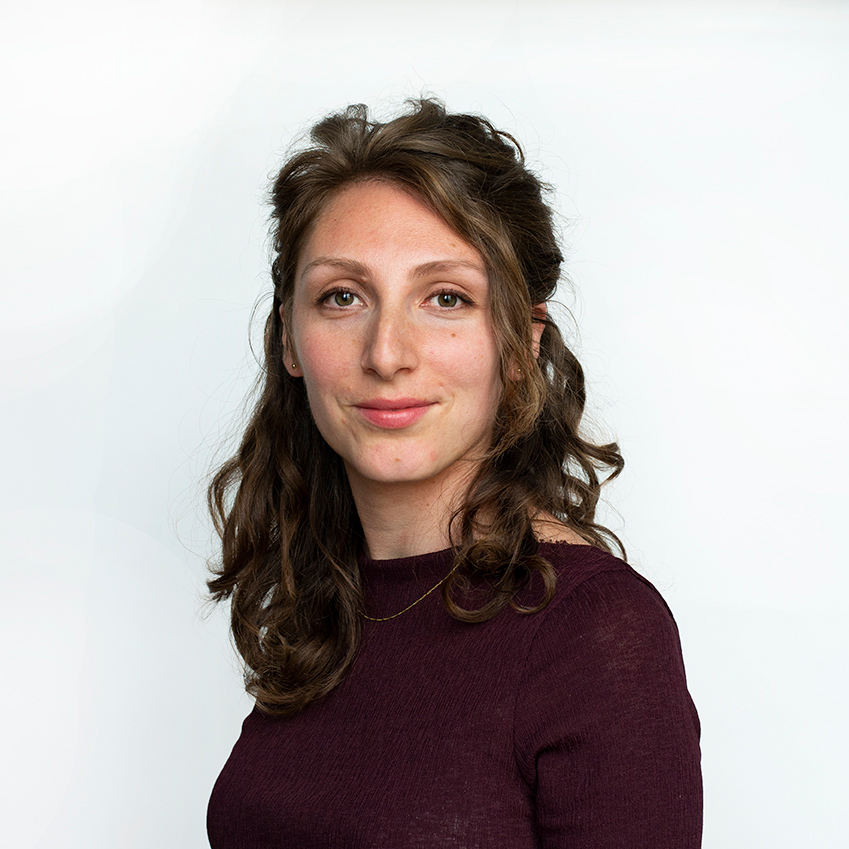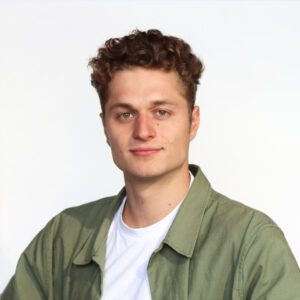For the people of Afrin, in North Syria, the earthquake of February 6th is a tragedy upon a tragedy. Even though the earthquake itself was an unavoidable force of nature, the injustice that ensued soon after – and preceded it – is political. Like many times before, the people of North Syria were left to fend for themselves with little or no help. How should the Netherlands and other European member states respond to attain justice for the people, Kurds and other minorities of North Syria?
For years, the hostile friendship between Ankara-Damascus-Moscow has threatened the lives, rights and environment of civilians in North Syria. After a century of imperial entanglements, the people of North Syria still are the silent victim of state violence from all sides. Ecological destruction, deforestation, weaponized use of water, the destruction of cultural heritage sites were already part of the struggles for the people of North Syria. After the earthquake, the politicization of humanitarian aid was added to the list.
This afternoon, we’ll listen to the stories from people of Afrin and Rojava to get insight into their lives and struggles. We’ll discuss the repercussions of the disastrous earthquake and the ongoing violence. What paths are available to attain justice for the people of North Syria?
There will be interludes to listen to Kurdish music.
This programme is developed in close association with Khalid Barkat, Peshmerge Morad, Amjad Al-Karaf, Sipan Salim and Alina Jabbari – founders of Stichting Hebûn.
Speakers







More in De Balie

5 jaar na #metoo: eindelijk tijd voor radicale verandering?


